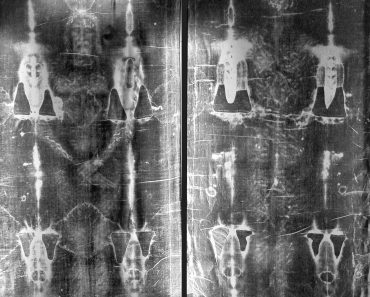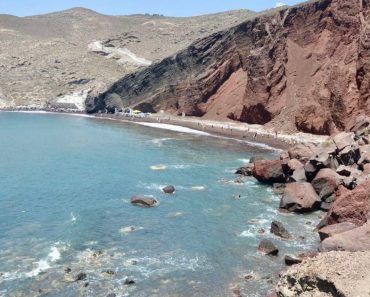- by croatiaweek
- in

Illustration – Vis (Photo: Zavičajni muzej grada Visa/Local History Museum of the Town of Vis)
A remarkable archaeological discovery on the Croatian island of Vis has confirmed the existence of democracy in this part of the world over 2300 years ago.
Archaeologists have unearthed the remains of a council hall from the ancient Greek city-state of Issa, marking the first time that public architecture from the Greek period has been uncovered in Croatia.
The site reveals carefully arranged stone blocks which once supported wooden benches.
Here, the councillors of ancient Issa would have gathered to debate, resolve disputes and make decisions on all matters of civic life. Likely situated next to the agora, the council hall served as the political heart of the city.
“Issa brought democracy. It was founded 400 years before Christ, and we now have clear evidence that it was a democratic community. Democracy spread from here across what is now modern-day Croatia,” Dinko Radić, director of the Zavičajni muzej grada Visa (Local History Museum of the Town of Vis), told HRT.
The excavation lasted four months and has already shifted historical understanding of Issa. Until now, it was believed that Issa declined with the fall of classical Greece. However, new evidence shows the city endured for centuries longer.
“This site is unique because it offers a historical horizon of nearly 800 years. We can trace activity here up to the sixth century AD,” explained archaeologist Vinko Udiljak of the Zavičajni muzej grada Visa.
The find is considered one of the most significant in the country.
“To discover this here, during the winter, is extraordinary. For an archaeologist, this is a once-in-a-lifetime opportunity,” said fellow archaeologist Antonio Nađ.
In addition to the council hall, researchers have uncovered a well-preserved Greek street, a late antique structure believed to have been used as a shop, and a colonnade dating back to the first century BC.
“We believe the colonnade can be linked to the construction efforts of Quintus Numerius Rufus, a known associate of Julius Caesar during his time in Egypt with Cleopatra,” added Udiljak.
Sign up to receive the Croatia Week Newsletter







